
Loading...
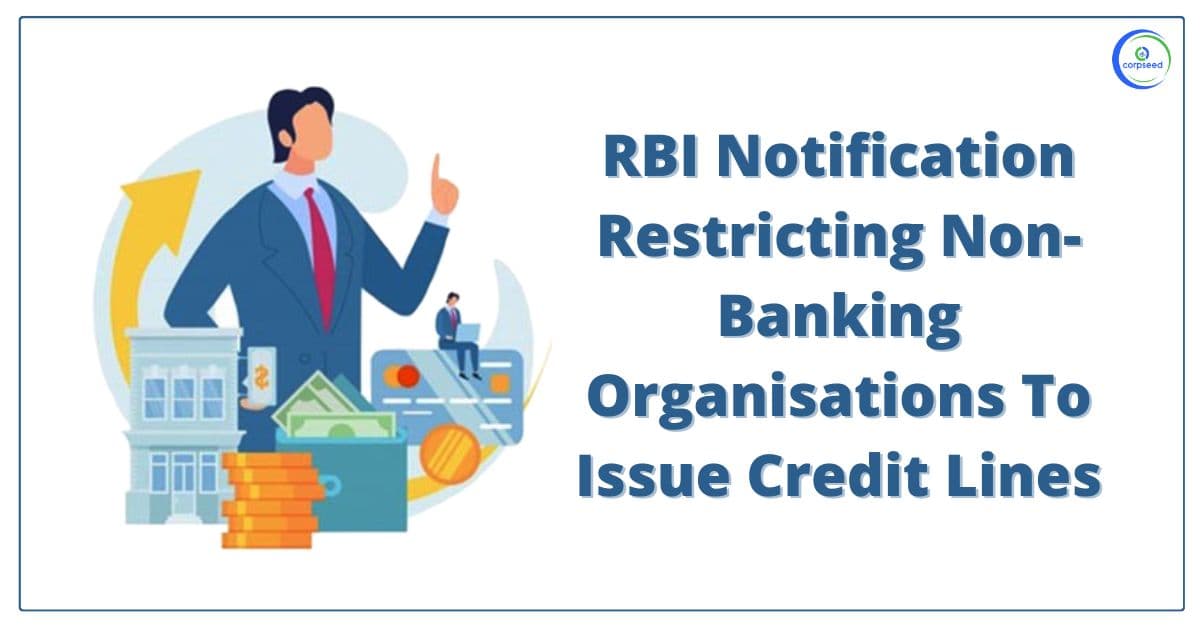
Recently, the reserve bank of India issued a notification about prepaid payment in which they said that the reserve of India would not allow any non-bank prepaid wallet and prepaid cards to give any credit lines to their customers.
About the Author

I have worked for many internet blog pages and news portals. currently, I am working as a content writer for Corpseed Pvt. Ltd. I like to write blogs and articles in the field of different services.
Related articles
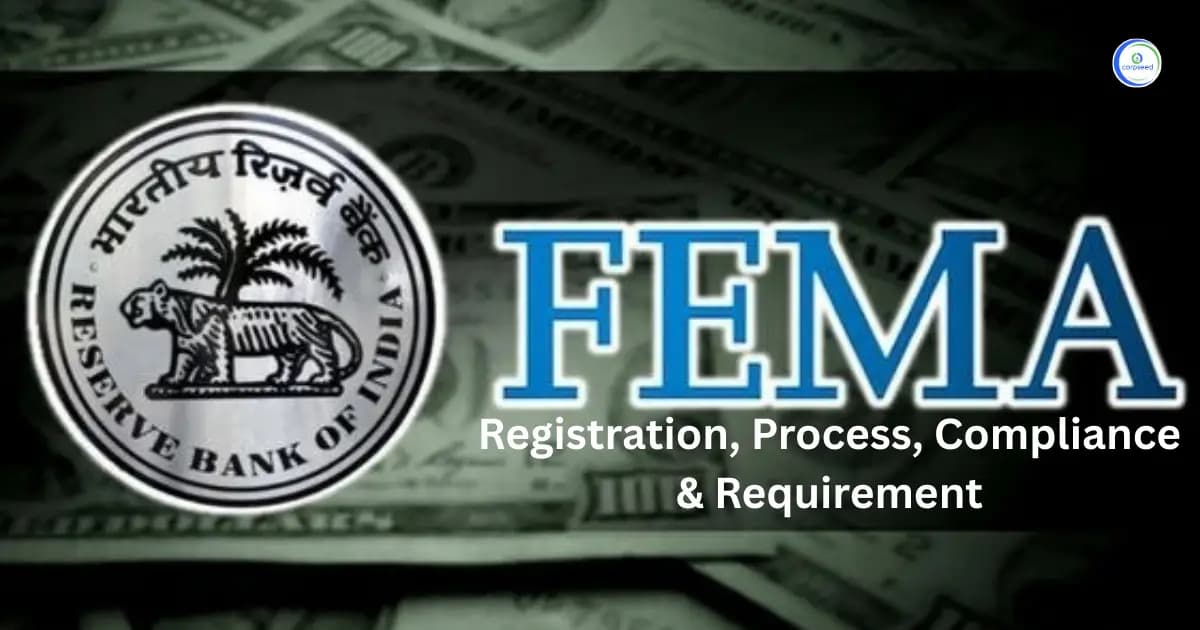
FEMA Registration Process, Compliance, and Requirements
2025-09-10
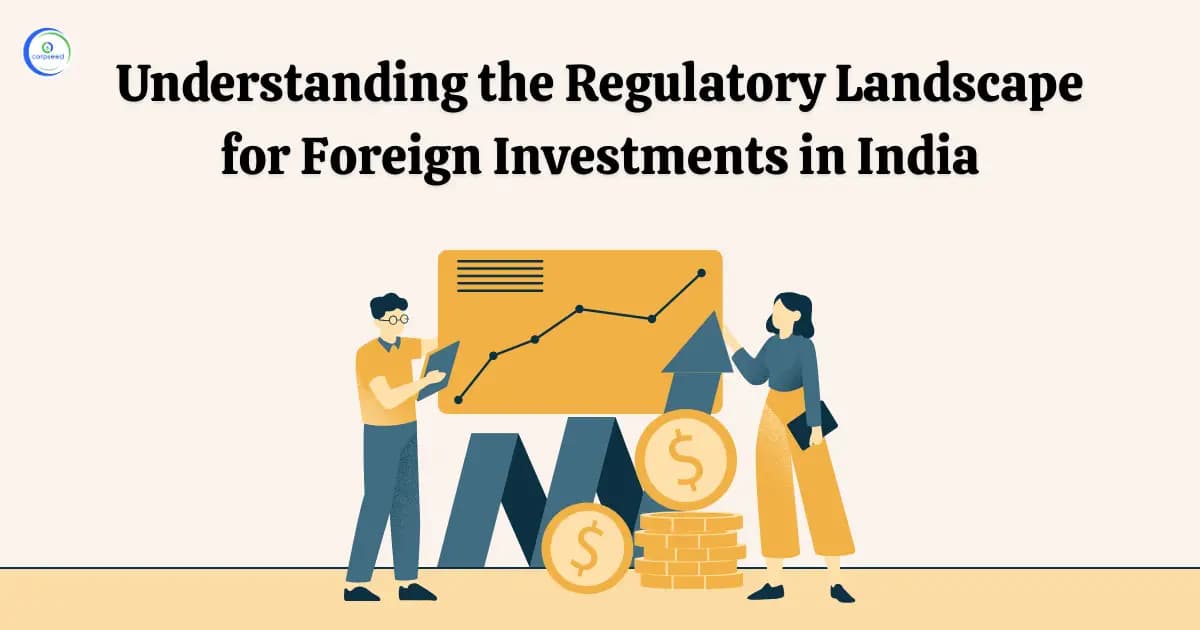
Understanding the Regulatory Landscape for Foreign Investments in India
2025-04-23

How to Start a Factoring Business in India?
2025-01-23
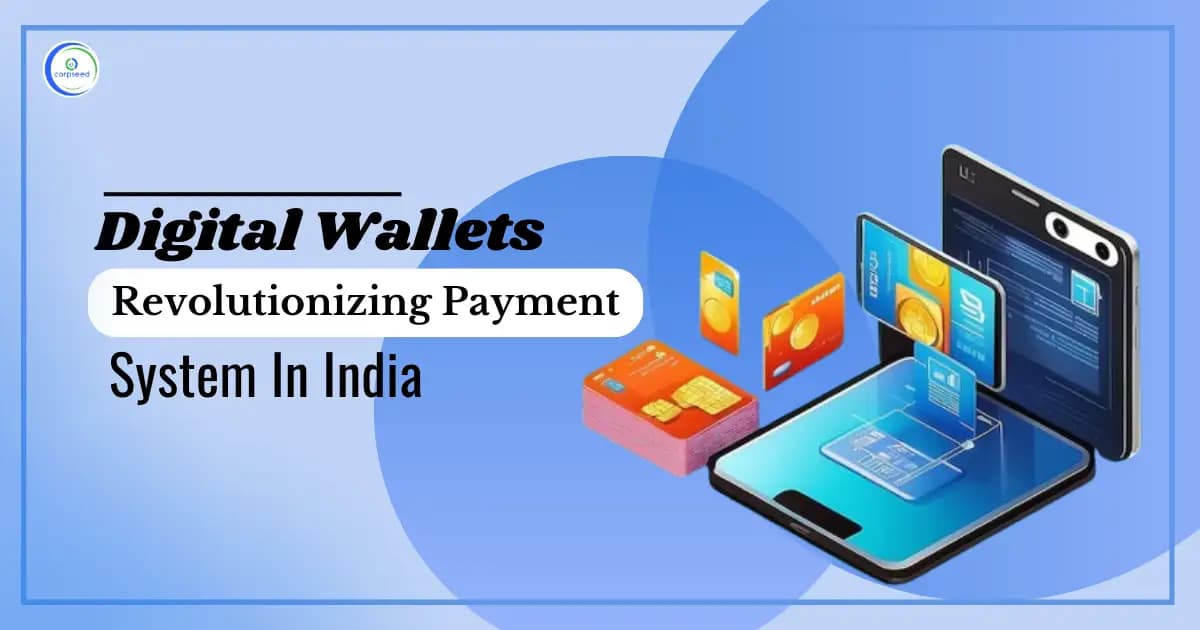
Digital Wallets Revolutionizing Payment System In India
2024-05-09
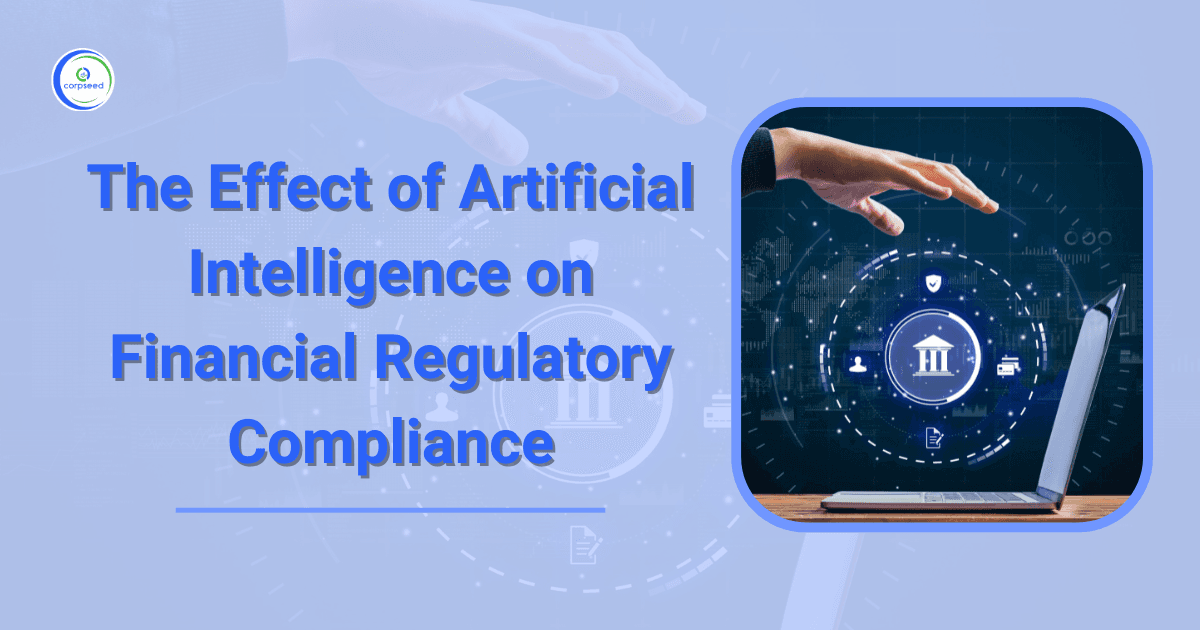
The effect of Artificial intelligence on Financial Regulatory Compliance
2023-09-26
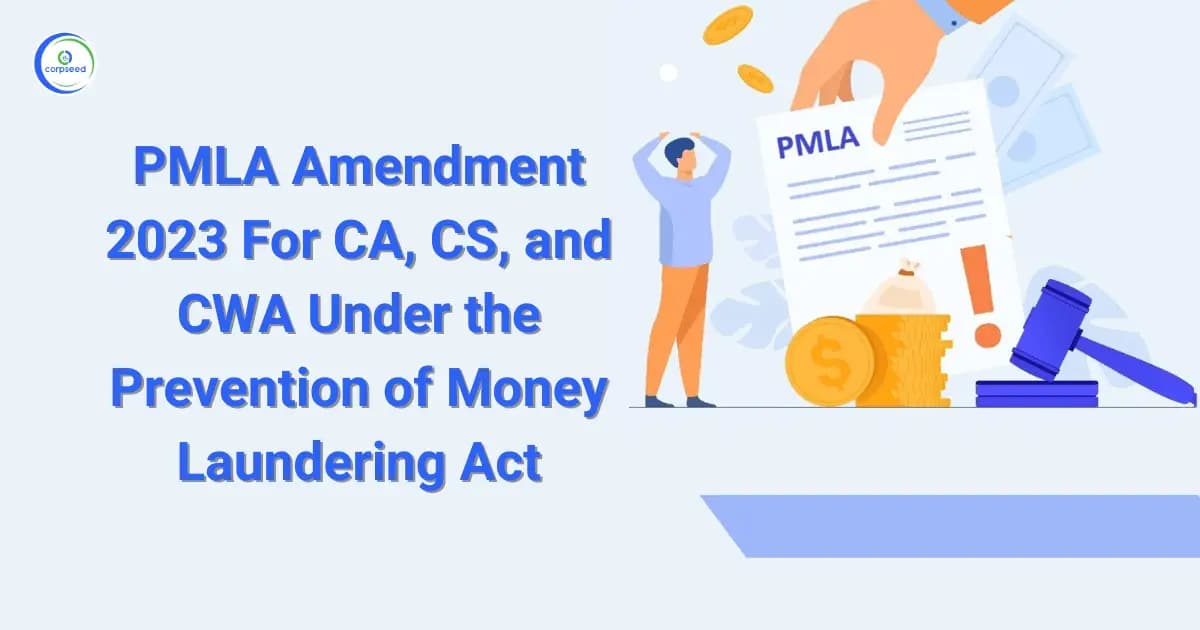
PMLA Amendment 2023 For CA, CS, and CWA Under the Prevention of Money Laundering Act
2023-05-10